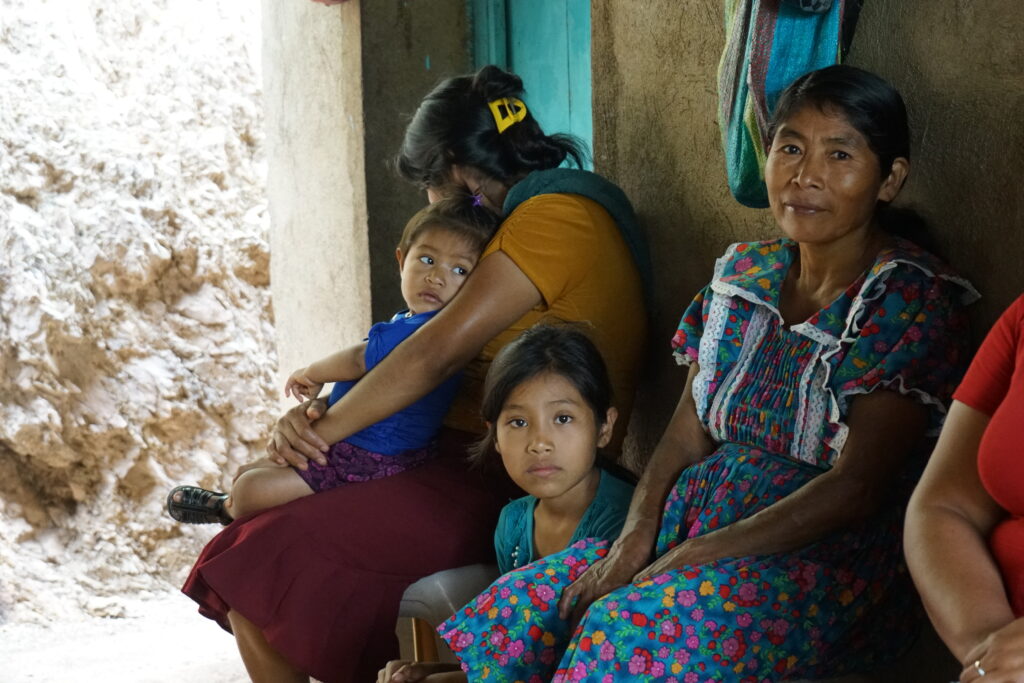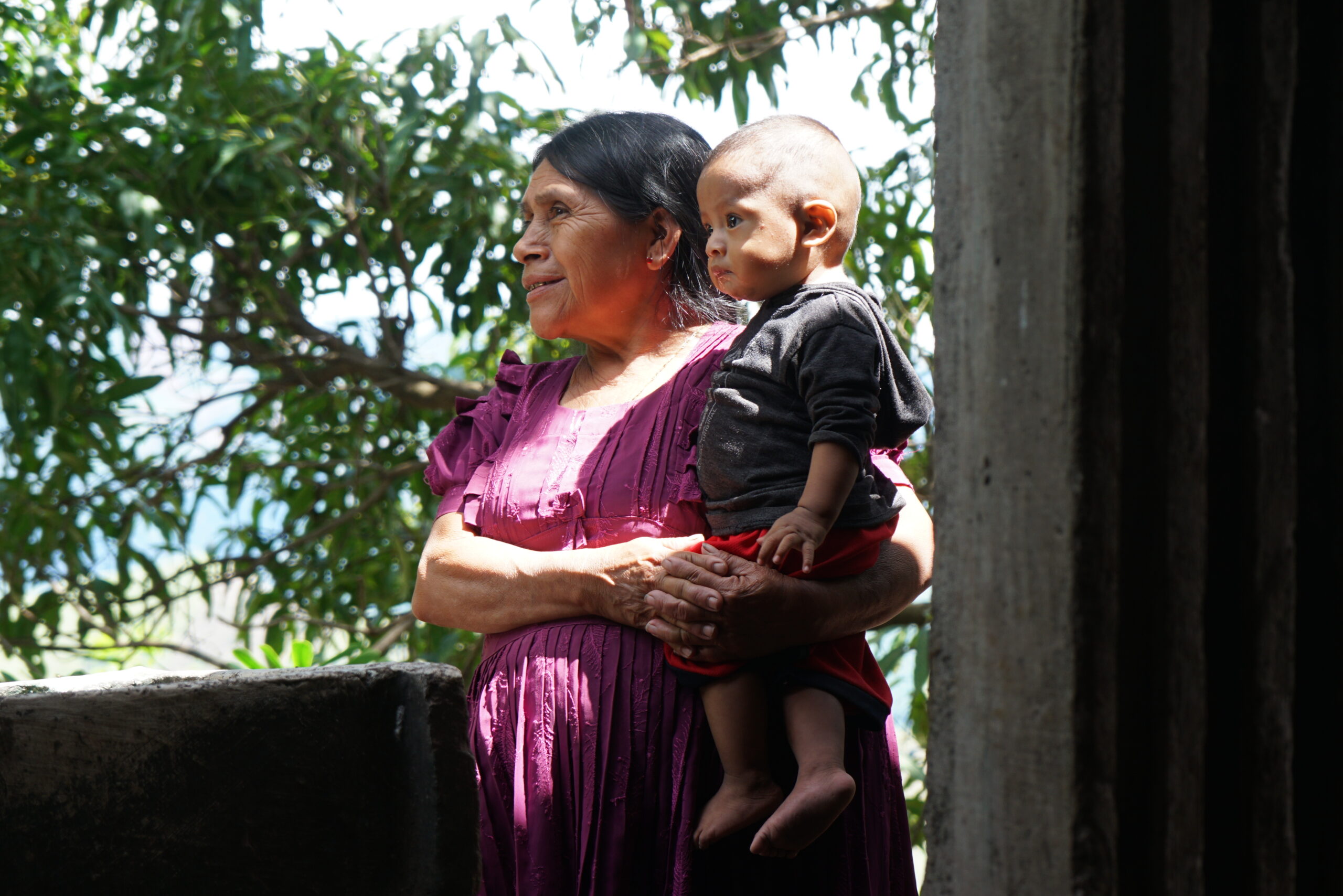NICHIR: Hunger emergency and climate crisis, an immediate response for food security and sovereignty of families belonging to the Ch’orti’ indigenous minority, in Guatemala’s Arid Corridor
The project is aimed at responding to the urgent primary needs of indigenous families in a state of malnutrition in the Municipality of Jocotán, in the Dry Corridor of Guatemala – a country that ranks first in Latin America for chronic malnutrition rate – helping to ensure their food self-sufficiency through theoretical and practical training activities.
The intervention, aimed at the indigenous communities of the Ch’orti’ ethnic group residing in two isolated villages in the area, aims to provide an immediate response to the food crisis that characterizes the area, aggravated by the increasingly harmful effects of climate change.
The project contributes to strengthening the food security of local indigenous peoples, raising awareness of the importance of a healthy and balanced diet and promoting the socio-economic development of communities through an integrated approach that intervenes on sustainable agro-biological training, on the improvement of natural resource management and on the improvement of fruit and vegetable production in order to improve the availability and variety of food and vegetables. generate alternative sources of income for the economic and food self-subsistence of families.
The context
The main needs identified concern three macro-areas:
- the fight against chronic malnutrition, with a particular focus on maternal and child health;
- the need to support families in achieving food self-sufficiency, acting on all the elements that compose it in an integrated and non-replaceable way: availability, access, stability and organic use;
- the need to raise awareness and train the population of the target communities of the intervention on useful strategies to increase resilience to the effects of climate change: soil conservation, good agricultural practices, promotion of responsible consumption.
Activities
The two-year intervention is structured on 5 macro-actions aimed at 100 Ch’orti’ families:
- Training activities for beneficiary families on good eating habits, on the preparation of healthy and balanced recipes;
- Training activities for families on agroecology issues, in order to help them implement concrete actions for soil conservation and resource saving;
- Activities to ensure continued and safe access to staple grains and seeds, so as to make households less vulnerable to the effects of climate change;
- Activities aimed at supporting families in the launch of initiatives for the production and marketing of agri-food products, in order to guarantee an alternative source of income;
- Activities to train families and improve their access to decision-making processes on the issues of the Human Right to Food and Drinking Water.


